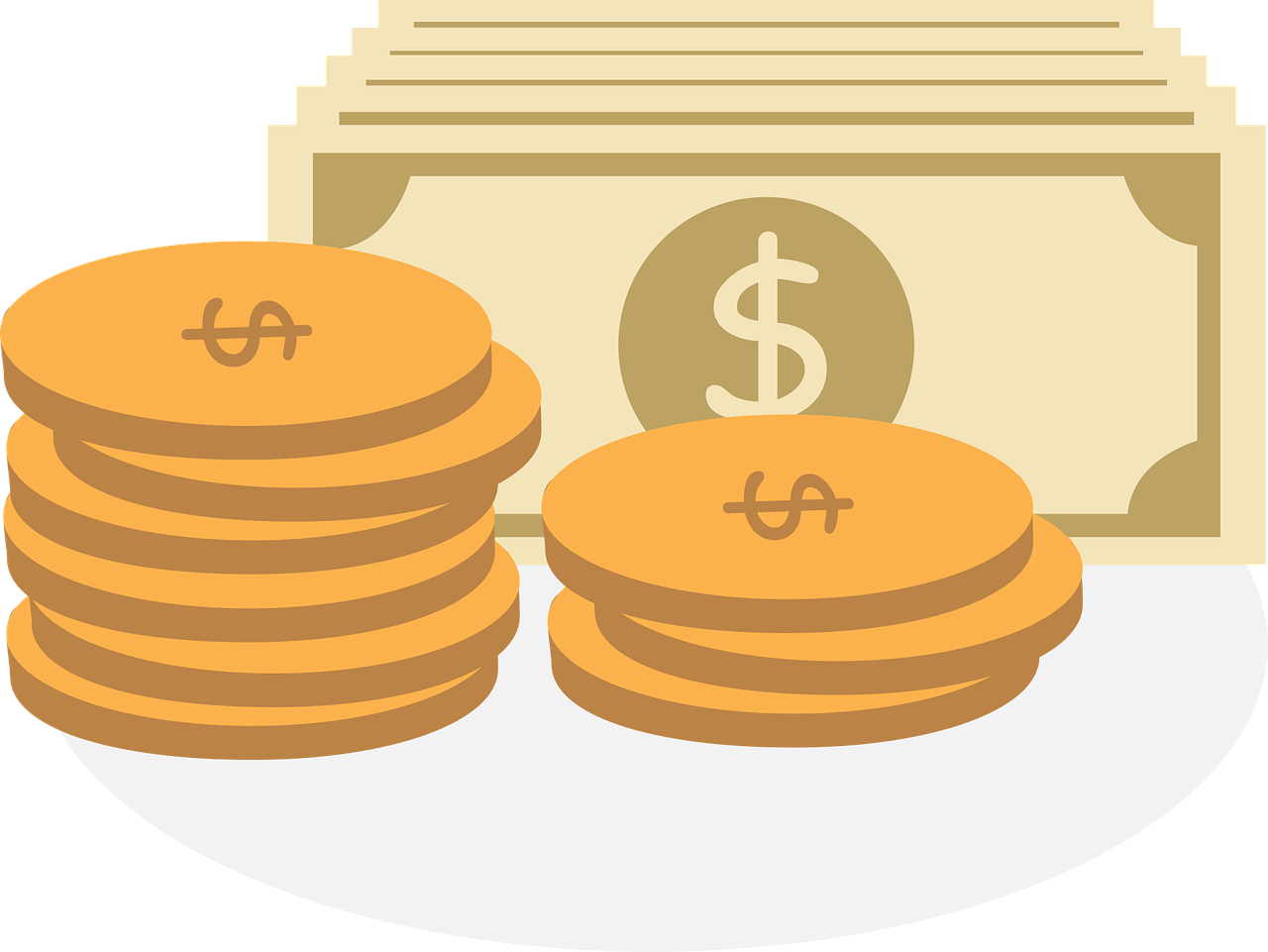Is Georgetown Funding Running A Debt Relief Scam?
Georgetown Funding won’t help you with your credit card debt and personal finances.
Crixeo, the popular news and review site, has done a review of Georgetown Funding by Crixeo, the popular news and reviews site, and has questioned if it is simply part of a long-running debt scam. According to Crixeo journalist Ed Miles:
“The story is the same. They lure you in by sending you direct mail with a “personalized invitation code” and a low 3%-4% interest rate to consolidate your high-interest credit card debt. You will be directed to GeorgetownFunding com or My Georgetown Funding com. More than likely you will not qualify for one of their credit card consolidation loans and they will try and flip you into a more expensive debt settlement product.”
Ed Miles, crixeo.com
Organizing your expenses often seems like a monumental task, but it is necessary nonetheless. It may be difficult for people without a finance background to understand what steps should be taken to manage their finances.
The very first step in this process, is to make a plan. Having a budget plan for your personal finances allows a sense of security and gives you more mental ability to work on other areas of your life.
Since each individual has a unique lifestyle, a different income, and variable expenses, personal financial management cannot be one-size-fits-all. If you feel like your finances are dictating your life, here are a few ways you can take more control:
1. Tactical Budgeting
From the moment you receive your first pay check, you should begin allocating your money into different categories. These will then determine how much you are able to save, spend or invest. A 6-month budget plan will help give you an idea of how flexible you can be in terms of personal financial management.
Your essentials would include utility bills, rent, groceries, health insurance or car payments. Next, you would need some funds allocated to securing your financial stability. This would include emergency funds, debt consolidation payments and life insurance.
Your third priority should be your savings. It is always recommended to keep your expense account, and savings account separate. If you associate a goal to your savings, such as a vacation, or buying a house, you will be more likely to follow through with investing in monthly savings.
Lastly comes your discretionary and lifestyle expenses, which could be anything from personal grooming or a gym membership, to buying luxury items.
Many budgeting apps are available online to help you manage your expenses by creating a budget plan, such as Capital One Mobile, EveryDollar, Mint. You can use them to monitor account balances, monthly expenses, and savings.
2. Investing your Savings
While most people set aside 10% of their income for savings, 25-30% is better for personal financial management. Reducing unnecessary expenses will help you prioritize your savings. Investing your savings in a compound interest account is more worthwhile in the long run due to the high-interest rate.
Some people still prefer short-term investments for long-term goals. This is because they have more flexibility in their timeline. If you are planning for a vacation 5 years down the road, you have the choice of opting for a savings account with a standard interest rate.
3. Emergency Fund Account
It is always better to be safe than sorry. Allocating a small part of your income to an emergency fund is a form of insurance for rainy days. The best practice to follow is to save up to 3 to 6 months of expenses for emergencies. These could be related to natural disasters, health issues, accidents, unemployment or even major house or car repairs.
This safety net will allow you to stay afloat while you get your finances in order, without relying on taking out a loan. Your personal financial management in this aspect will determine how quickly you are able to get back on your feet.
4. Insurance
Insurance for your life, health, car and house is the best way to reduce your financial burden. They help you cover your expenses without ever having to need to tap into your life-long savings. It also gives you a great sense of security in your personal financial management.
Medical coverage takes a considerable toll on people who are going through difficult times. In the case of an accident or illness, the last thing you would want to worry about is your finances. This makes health insurance all the more imperative.
You could take insurance out on all your commodities individually, or you could opt for umbrella insurance. Umbrella insurances vary depending on the company but generally cover the basics: medical, property damage, lawsuits, personal liability etc. Some companies may even offer discounts on umbrella insurances, making them an attractive prospect.
5. Credit Scores
Credit cards have the reputation of being a black hole when it comes to personal financial management. The persona of debt collectors and loan sharks themselves is enough to deter some people from ever using a credit card.
However, credit cards are a great resource when used wisely and carefully. You receive a credit score after you make purchases through your credit card. This contributes to your credit history.
If you have long-term plans, like buying a house, then a good credit score and credit history will benefit you when you need to take out a loan. Your financial health will be better off for it, as it will also affect the loan size and interest rate. For this purpose, it is crucial to ensure that you pay your debt on time and keep an eye on your credit score.
6. Monitor Your Taxes
Tax management is something that not too many people pay attention to, but it is vital nonetheless. It is advised to calculate your tax rate before you start spending your income so that you have a clearer idea of how much take-home pay you are actually receiving. This also helps you determine your future budget plan and allocated funds as needed.
This step is vital for people running their own businesses, as it ultimately will help them determine their product or service pricing and the respective profit margins. Once you have your taxes out of the way, you can focus more on personal financial management.
Conclusion
Experience is the best teacher. A month of poor financial management will only help you learn not to repeat the same mistakes. Budgeting is subjective, so everyone’s goals and priorities may vary according to their lifestyle or socioeconomic class.
Improving financial stability does not come naturally to many people, which is why it is essential to take the first step to plan everything out.
Being conscious of your purchases, sticking to a budget plan, setting financial goals for yourself are the things that increase your personal financial management skills.




